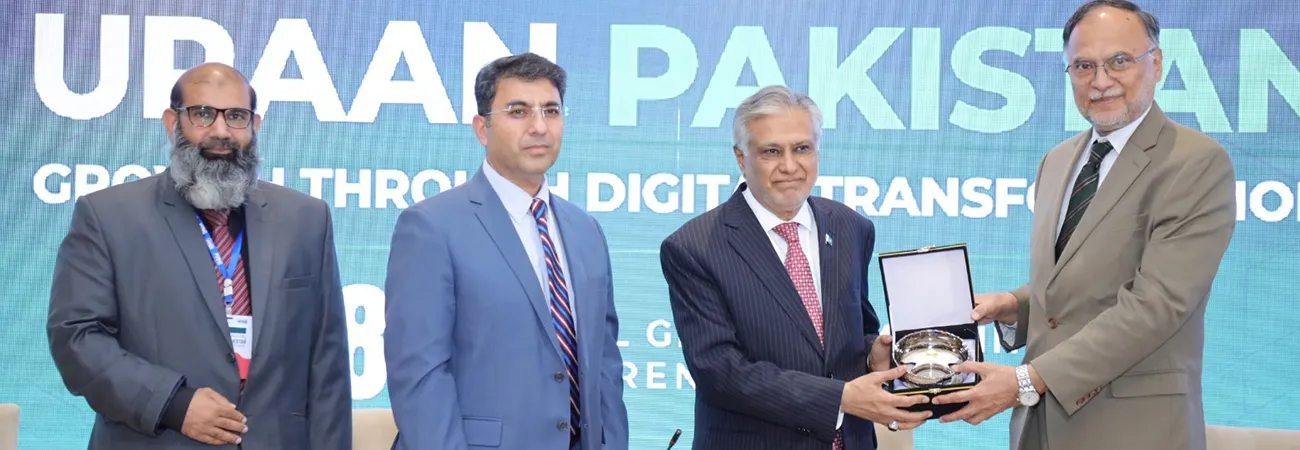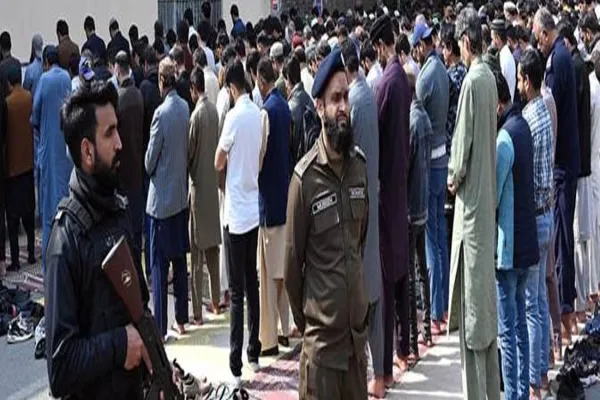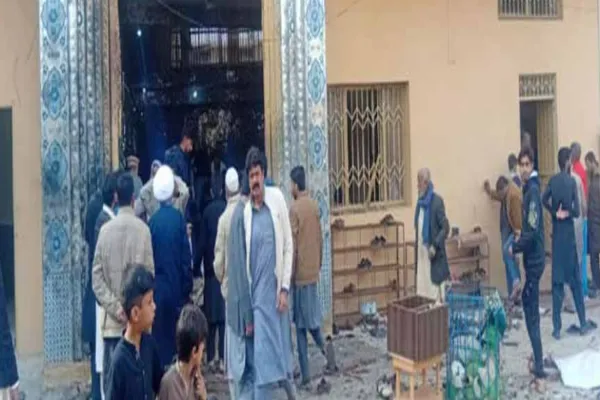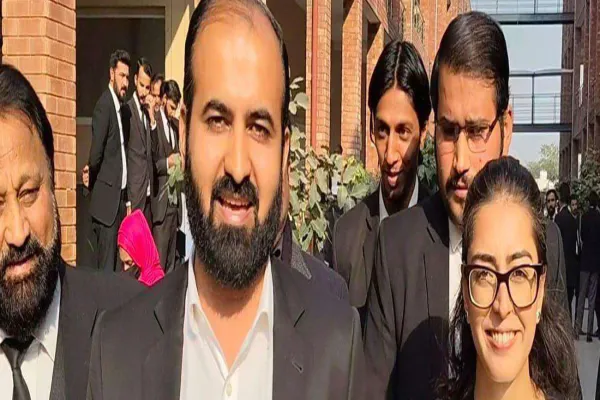i NEWS PAKISTAN
Provinces are direly in the need to demonstrate tangible results to prove that they hold greater autonomy and fiscal resources, stated Mohammad Ishaq Dar, Deputy Prime Minister and Minister of Foreign Affairs. He said this while addressing the The 38th Annual General Meeting and Conference of the Pakistan Society of Development Economists (PSDE), hosted by the Pakistan Institute of Development Economics (PIDE) and organized in collaboration with the Ministry of Planning, Development & Special Initiatives (MoPD&SI), the Asian Development Bank (ADB), Pakistan Poverty Alleviation Fund (PPAF), Research for Social Transformation and Advancement (RASTA), CPEC Centre of Excellence, and the Bank of Punjab.
He stressed the importance of digitization at the grassroots level, advocating for smart schools, e-governance, and real-time data systems as essential tools for national development. He called for innovation to be led by provinces, citing examples such as digital agriculture in KP, education reforms in Gilgit-Baltistan, and climate resilience in Sindh. He ended his address with a compelling call for collaborative action, stating, “When Pakistan takes flight, every province must lift.”
In his address, Minister for Planning, Development and Special Initiatives, Prof. Ahsan Iqbal, stressed the importance of transforming research into action and urged that the conference’s recommendations be synthesized into concrete, implementable policies. Prof. Iqbal encouraged provincial governments to assume active roles in the country's socio-economic development and emphasized the need to close the gap between “knowing and doing.”
Earlier in the day, the prestigious Mahbub Ul Haq Memorial Lecture was delivered by Mohammad J. Sear, EY MENA’s Digital Government & Public Sector Leader. His lecture, titled “Rethinking Sovereignty in the Digital Age,” challenged traditional definitions of state power in an increasingly digitized world.
Mr. Rana Ihsaan Afzal Khan, Coordinator to the Prime Minister, echoed these sentiments and described data as “the new oil.” He updated the audience on legislative efforts to enable a cashless economy and promote national data governance. The day also featured multiple parallel technical sessions. In the session on “Digital Disruption: Economic Readiness,” chaired by Mr. Waqas Anwar (MoPD&SI), researchers highlighted Pakistan’s lag in digital infrastructure, education, and regulatory frameworks compared to regional peers.
Another technical session on “E-Governance for Economic Growth,” moderated by Dr. Tallat Anwar, covered mobile banking adoption in Khushab, the potential of blockchain in Islamabad’s real estate market, and the impact of legal frameworks on entrepreneurial ecosystems. The session emphasized tailored digital strategies for rural populations, regulatory reforms, and the need for enhanced international research collaborations.
In the “Digitalization & Industrial Transformation” session, scholars discussed the role of digital inclusion, particularly in underdeveloped regions like South Punjab. The session highlighted weak infrastructure, low digital literacy, and limited governance as key barriers, and called for region-specific policies supported by public-private collaboration.
Another session, “Trade and Commerce in the Digital Era,” explored digital transformation’s impact on trade facilitation, service exports, SME participation in e-commerce, and youth entrepreneurship. One study analysed the impact of Pakistan’s Fully Automated Clearance System (FCA) and called for more strategic upgrades. Another proposed a Digital Economy Development Index (DEDI) to track digital transformation and service exports.
Throughout the day, discussions revealed key insights into the challenges and opportunities Pakistan faces in its digital transition. Despite limitations, there is growing momentum across sectors and provinces toward embracing technology as a driver of growth, inclusion, and resilience. With over 100 experts participating in more than 20 sessions across three days, the 38th PSDE Conference succeeded in fostering a multidimensional conversation on Pakistan’s digital future. As the event concluded, PIDE reaffirmed its commitment to translating these dialogues into actionable policy frameworks that can drive national progress.
Credit: Independent News Pakistan (INP)









